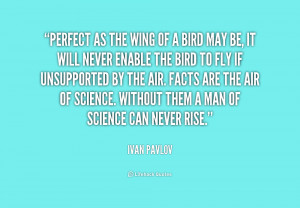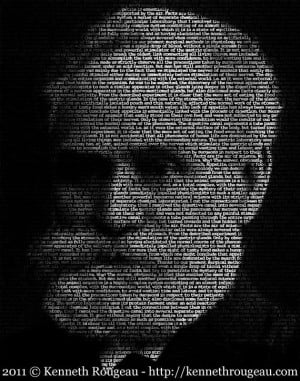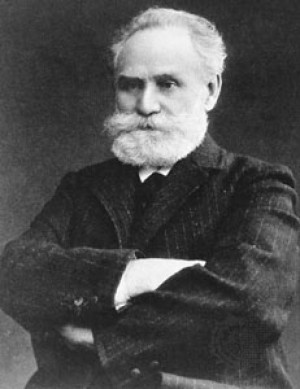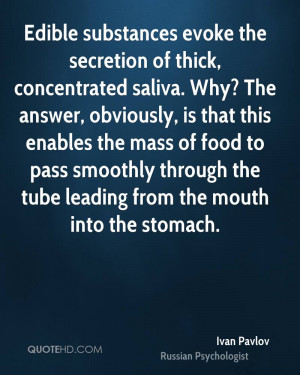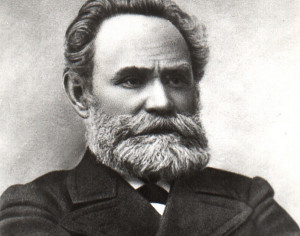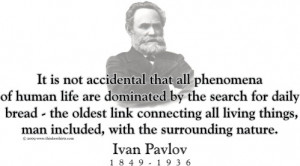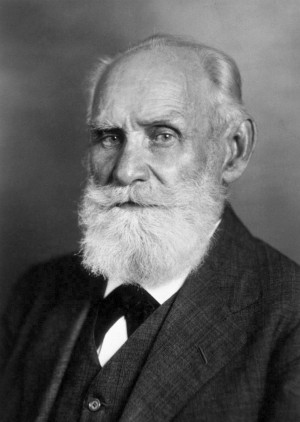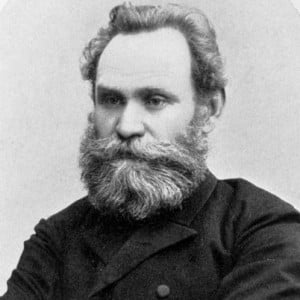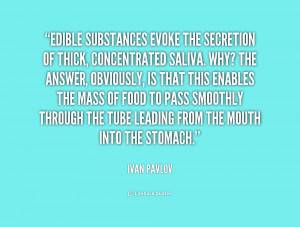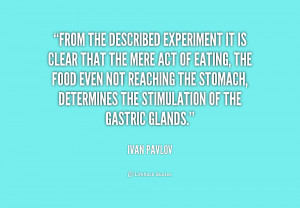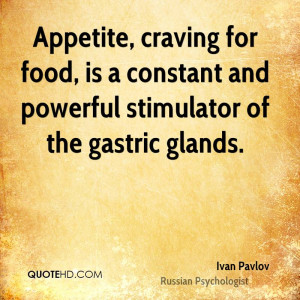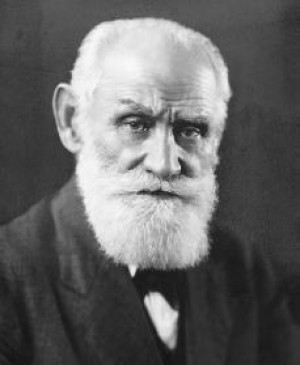Ivan Pavlov — Russian Psychologist born on September 14, 1849, died on February 27, 1936
Ivan Petrovich Pavlov was a Russian physiologist known primarily for his work in classical conditioning. From his childhood days Pavlov demonstrated intellectual brilliance along with an unusual energy which he named "the instinct for research". Inspired by the progressive ideas which D. I. Pisarev, the most eminent of the Russian literary critics of the 1860s, and I. M. Sechenov, the father of Russian physiology, were spreading, Pavlov abandoned his religious career and devoted his life to science. In 1870 he enrolled in the physics and mathematics faculty at the University of Saint Petersburg to take the course in natural science. Ivan Pavlov devoted his life to the study of physiology and sciences, making several remarkable discoveries and ideas that were passed on from generation to generation. He won the Nobel Prize for Physiology or Medicine in 1904, becoming the first Russian Nobel laureate. A Review of General Psychology survey, published in 2002, ranked Pavlov as the 24th most cited psychologist of the 20th century. Pavlov's principles of classical conditioning have been found to operate across a variety of experimental and clinical settings, including educational classrooms... (wikipedia)



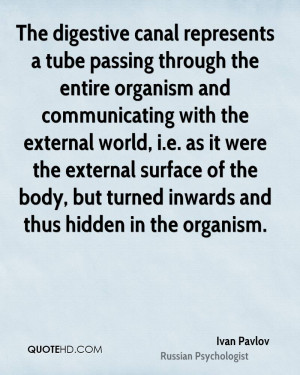
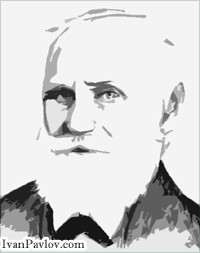

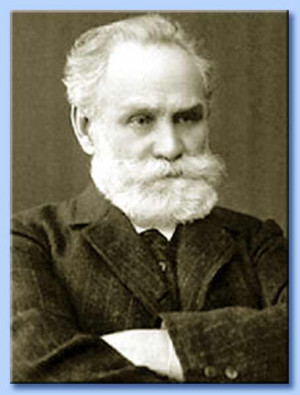
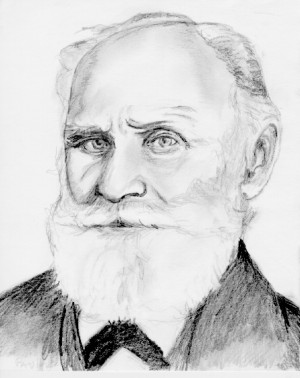


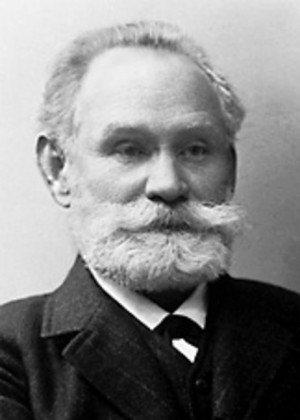




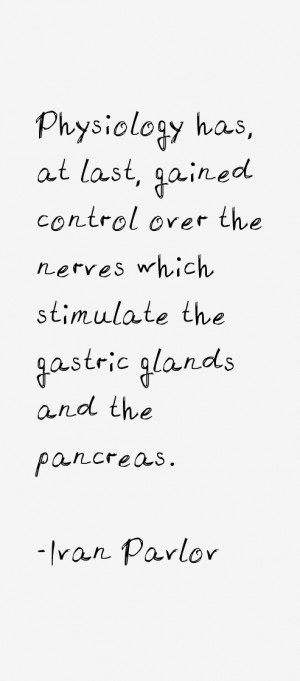
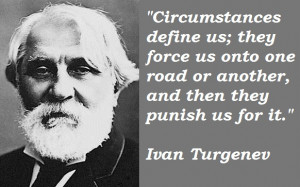

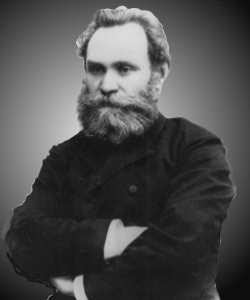
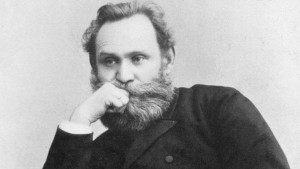
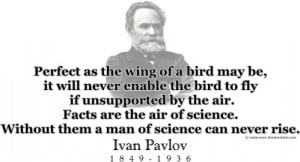

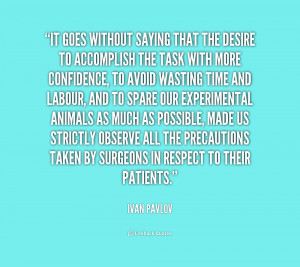
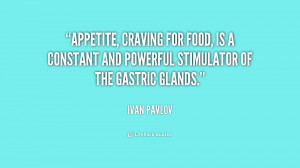
![Ivan Petrovich Pavlov (1849-1936)[ who | huh ]](https://cdn.quotesgram.com/small/99/28/199859215-tumblr_m8t7hwdIk31rdqdijo1_500.jpg)

